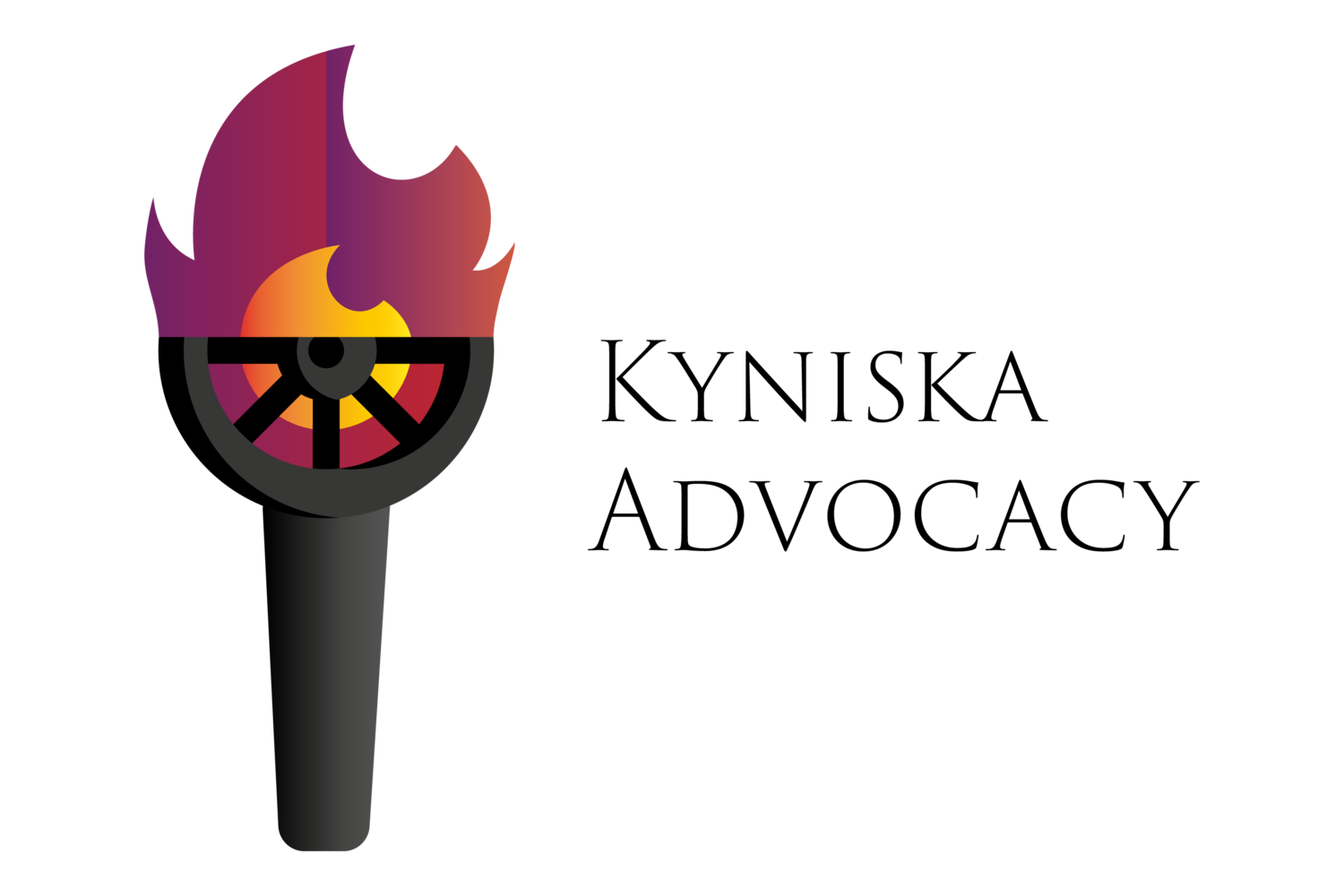The Euros: a landmark moment for women’s sport
Most of us with any interest in sport will remember where we were when England won the EURO (Woodies in Headingley lol). It was not only an amazing result, but also a hugely entertaining, competitive, and high quality match (with record attendance!).
However, the win was so much more than a European title. It was a landmark moment for women’s sport in the UK.
Match commentators, Robyn Cowen and Rachel Brown-Finnis, really put things into perspective; Young girls don’t just have to aspire to be good at traditionally ‘feminine sports’ anymore, which are great, just not the only option. They can be whoever they want to be, including international footballers.
This victory is for the many women who came before them - doing it for the love of the game, working full time jobs alongside playing internationally, all whilst receiving constant abuse. They were the ones who brought the game to the place it is in today, where the current crop of players are able to play full time and access support that previous teams couldn’t have dreamed of.
“Seeing a group of women, who have been belittled time and time again, show everyone what they’re capable of was really inspiring to watch and quite emotional”
In both society and sport, many women are familiar with being made to feel less *insert empowering description here* than their male counterparts, whether that be in a working environment, sporting competition, or in a social context (i.e. discussing an opinion).
Being patronised, doubted, gaslit, and ignored is unfortunately part of many peoples’ experience of being a woman or non-binary person (or any other group that society views as ‘less than’). These things are easy to take personally, and have been subconsciously absorbed into our own psyches (cue not speaking up, having a load of self doubt, and failing to back ourselves when opportunities come along).
Football has historically been, and still is, a prime example of sexism in both sport and society (as well as racism and homophobia, where a huge amount of work remains to be done). There is daily criticism of female presenters and commentators, officials, players, and match quality, as well as a complete disregard of the huge gender pay gap, virtually no media coverage until recently, and trolling of women in football.
Seeing a group of women, who have been belittled time and time again, show everyone what they’re capable of was really inspiring to watch and quite emotional for a large number of people in both sport and general society. Watching Chloe Kelly swinging her shirt above her head was so iconic (I saw in an article somewhere that it was a reference to Brandi Chastain, who did the same thing when the US team won the World Cup over 20 years ago). Celebrating and being booked in exactly the same way a man would. Yaaas!
Regardless of whether you’re interested in getting into football or not, this team is a great example of what women are capable of when we lifting each other up and let go of the self doubt that we’ve been conditioned to hold onto. And that same message shouldn’t just be restricted to sport.
This isn’t to say the work is done - the players and the game haven’t become equal overnight. There were plenty of people that still felt the need to make misogynistic comments after the match. However, I believe this result will be a moment we look back on as a catalyst for further funding, coverage, job opportunities, and overall improvement of the game. Hopefully, now, whilst some people will always be determined to put women’s progress down, more people are behind it than ever - and the team have proven they are capable of achieving with or without.
Bronwen competing for Wales!
Ps. just to clarify to my family I supported England purely for feminist purposes lol


